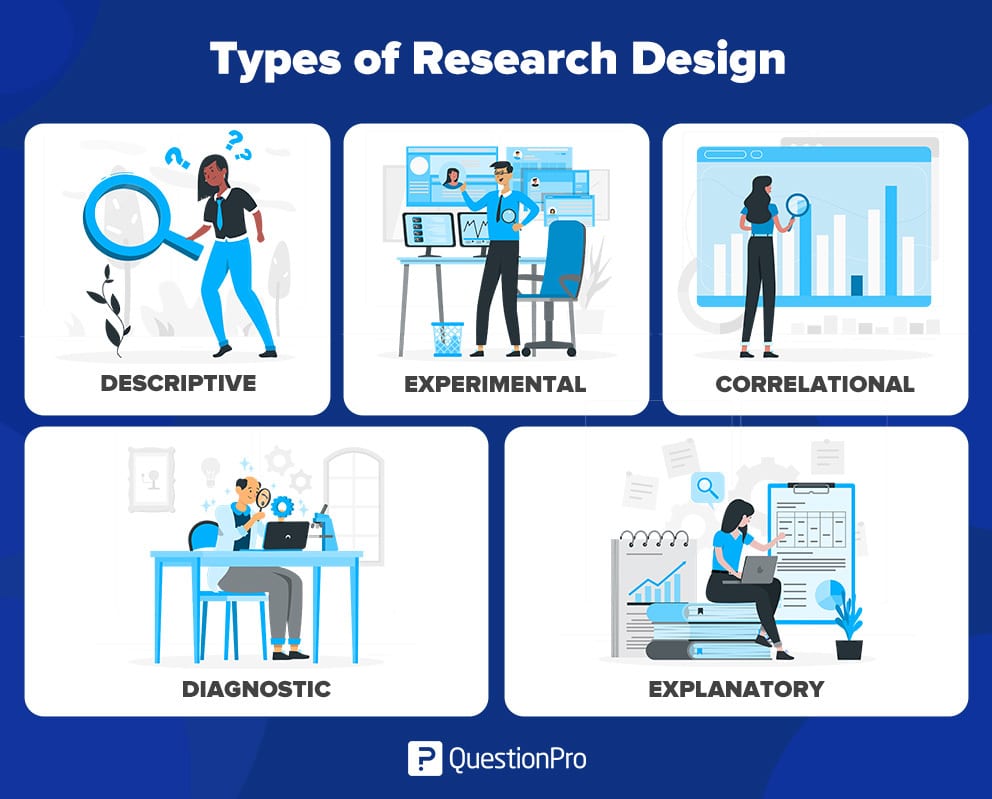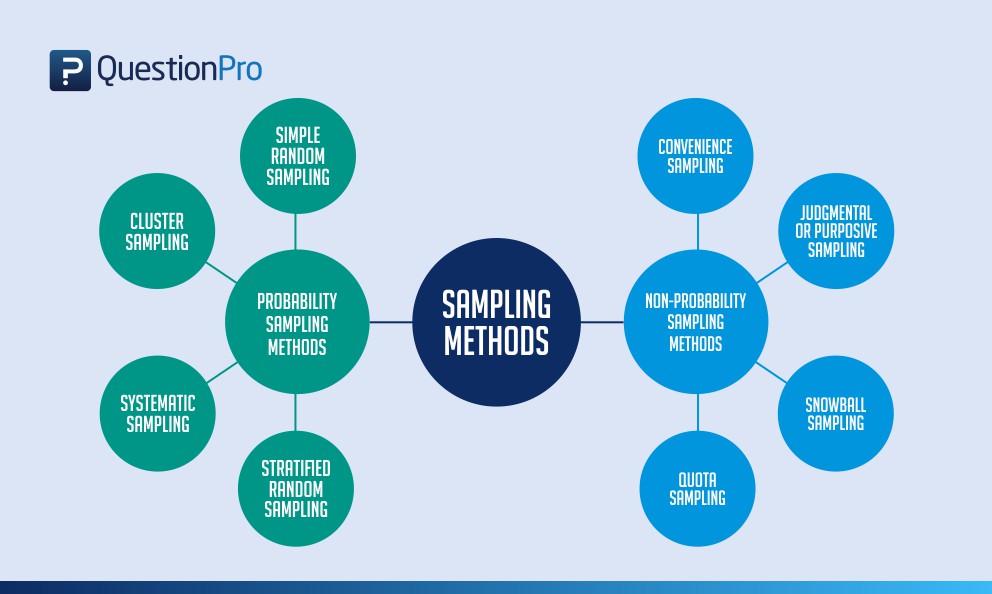Selecting a good topic for research can be a daunting task. It is important to choose a topic that is interesting and relevant to your field of study. Additionally, it should be something that you are passionate about and can easily research. When selecting a topic, it is important to consider the scope of the project, the resources available, and the time frame for completion. Additionally, it is important to consider the potential impact of the research and the potential for future research. This article will provide tips and advice on how to select a good topic for research.
Identifying Your Research Interests: How to Choose a Good Topic for Your Research
Choosing a good research topic is an important step in the research process. It is essential to select a topic that is both interesting and relevant to your field of study. To identify your research interests, it is important to consider your academic background, personal interests, and the current research trends in your field.
First, consider your academic background. What topics have you studied in the past? What topics have you found particularly interesting? What topics have you already explored in your coursework? These topics can provide a starting point for your research.
Second, consider your personal interests. What topics do you find fascinating? What topics do you have a natural curiosity about? What topics do you have a personal connection to? These topics can provide a source of inspiration for your research.
Finally, consider the current research trends in your field. What topics are currently being explored by other researchers? What topics are gaining traction in the academic community? What topics are being discussed in the media? These topics can provide a foundation for your research.
By considering your academic background, personal interests, and the current research trends in your field, you can identify your research interests and choose a good topic for your research.
Analyzing the Relevance of Your Topic: How to Ensure Your Research Topic is Relevant
When researching a topic, it is important to ensure that the topic is relevant to the current academic discourse. This can be done by examining the literature in the field and determining if the topic is being discussed in the current literature. Additionally, it is important to consider the relevance of the topic to the current social and political climate. By doing so, one can ensure that the research topic is relevant and timely.
To begin, it is important to conduct a thorough literature review of the topic. This can be done by searching for relevant articles in academic databases such as JSTOR, Google Scholar, and PubMed. Additionally, it is important to consider the sources of the articles and determine if they are from reputable sources. Once the literature review is complete, it is important to analyze the articles and determine if the topic is being discussed in the current literature. If the topic is not being discussed, it may be necessary to refine the research question or choose a different topic.
It is also important to consider the relevance of the topic to the current social and political climate. This can be done by examining current events and determining if the topic is relevant to the current discourse. Additionally, it is important to consider the implications of the research topic and determine if it is relevant to the current social and political climate. By doing so, one can ensure that the research topic is relevant and timely.
Finally, it is important to consider the implications of the research topic. This can be done by considering the potential impact of the research on the current discourse. Additionally, it is important to consider the potential implications of the research on the current social and political climate. By doing so, one can ensure that the research topic is relevant and timely.
In conclusion, it is important to ensure that the research topic is relevant to the current academic discourse. This can be done by conducting a thorough literature review and analyzing the sources of the articles. Additionally, it is important to consider the relevance of the topic to the current social and political climate. Finally, it is important to consider the implications of the research topic and determine if it is relevant to the current discourse. By doing so, one can ensure that the research topic is relevant and timely.
Exploring the Resources Available: How to Find the Right Sources for Your Research
When conducting research, it is important to find reliable and accurate sources of information. This can be a daunting task, as there are many resources available and it can be difficult to determine which ones are the most reliable. To ensure that your research is based on reliable sources, it is important to understand the different types of resources available and how to evaluate them.
First, it is important to understand the different types of resources available. Primary sources are original documents or artifacts that provide firsthand information about a topic. Examples of primary sources include diaries, letters, photographs, interviews, and original research. Secondary sources are documents or artifacts that provide information about a topic based on primary sources. Examples of secondary sources include books, articles, and reviews.
Once you have identified the type of resource you need, it is important to evaluate the source. When evaluating a source, consider the author’s credentials, the date of publication, and the accuracy of the information. Additionally, consider the source’s bias and the objectivity of the information.
When searching for resources, it is important to use a variety of sources. This includes both online and print sources. Online sources can include websites, databases, and social media. Print sources can include books, magazines, and newspapers. Additionally, it is important to use reputable sources, such as those from academic institutions, government agencies, and professional organizations.
Finally, it is important to be aware of the potential for bias in sources. It is important to consider the author’s point of view and the potential for bias in the information presented. Additionally, it is important to consider the potential for bias in the sources you use.
By understanding the different types of resources available and how to evaluate them, you can ensure that your research is based on reliable sources. By using a variety of sources and being aware of potential bias, you can ensure that your research is accurate and objective.
Understanding the Scope of Your Research: How to Set Realistic Goals for Your Research
When undertaking research, it is important to set realistic goals in order to ensure that the project is successful. Establishing a clear scope for the research is essential in order to ensure that the research is achievable and that the results are meaningful. This article will provide guidance on how to set realistic goals for research projects.
The first step in setting realistic goals for research is to identify the purpose of the research. This will help to determine the scope of the project and the resources that will be required. It is important to consider the time frame for the research and the resources available. This will help to ensure that the research is achievable within the given timeframe and with the resources available.
The next step is to develop a research plan. This should include a timeline for the research, a list of tasks to be completed, and a budget for the project. The timeline should include milestones for the project and should be realistic and achievable. The tasks should be broken down into manageable chunks and should be achievable within the given timeframe. The budget should include all costs associated with the research, including materials, equipment, and personnel.
Once the research plan has been developed, it is important to review it regularly to ensure that the goals are still achievable. If the goals are not achievable, it may be necessary to adjust the timeline or the budget. It is also important to review the progress of the research regularly to ensure that the goals are being met.
Finally, it is important to be flexible when setting goals for research. It is important to be open to changing the goals if necessary in order to ensure that the research is successful. It is also important to be realistic about the results that can be achieved and to be prepared to adjust the goals if necessary.
By following these steps, researchers can ensure that their research projects are successful and that the results are meaningful. Setting realistic goals for research projects is essential in order to ensure that the research is achievable and that the results are meaningful.
Crafting a Research Plan: How to Develop a Strategy for Your Research
Crafting a research plan is an essential step in the research process. It is important to develop a strategy for your research in order to ensure that you are able to effectively and efficiently complete your research project. This article outlines the steps necessary to develop a research plan.
The first step in developing a research plan is to identify the research question. This is the main question that you are trying to answer with your research. It is important to be as specific as possible when formulating the research question. Once the research question has been identified, it is important to determine the scope of the research. This includes defining the parameters of the research, such as the time frame, geographical area, and population that will be studied.
The next step is to develop a research methodology. This involves selecting the appropriate methods and techniques that will be used to collect and analyze data. It is important to consider the strengths and weaknesses of different methods and techniques in order to ensure that the most appropriate ones are chosen.
Once the research methodology has been determined, it is important to develop a timeline for the research project. This should include a timeline for data collection, analysis, and writing. It is important to be realistic when creating the timeline and to allow for flexibility in case unexpected delays occur.
The final step in developing a research plan is to create a budget. This should include all of the costs associated with the research project, such as materials, equipment, and personnel. It is important to be realistic when creating the budget and to ensure that it is sufficient to cover all of the costs associated with the research project.
By following these steps, you can develop a comprehensive research plan that will help you to effectively and efficiently complete your research project. It is important to remember that the research plan should be flexible and should be adjusted as needed as the research progresses.
Conclusion
Selecting a good topic for research can be a daunting task, but it is an important step in the research process. It is important to choose a topic that is interesting and relevant to the research question. Additionally, it is important to consider the scope of the topic, the resources available, and the potential impact of the research. By taking the time to carefully consider these factors, researchers can ensure that they select a good topic for their research.
Discussion
[wpaicg_chatgpt]



